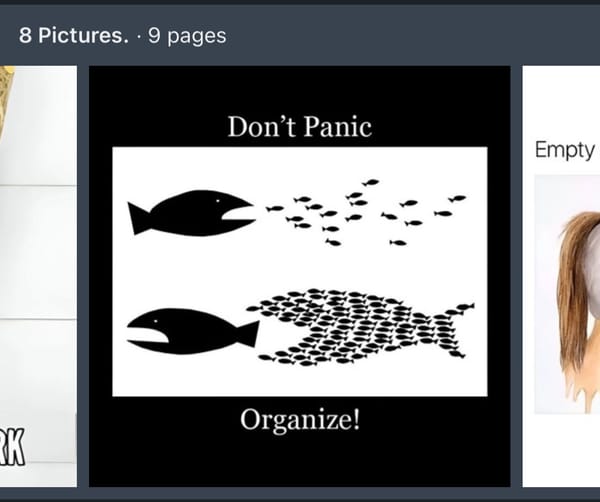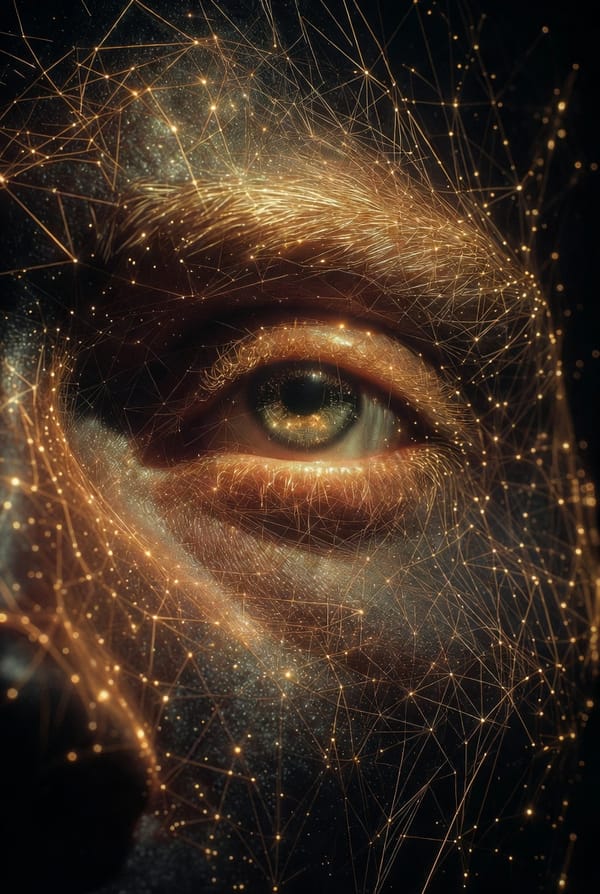Hidden Observations & Unspoken Themes from Thiel’s Discussions
Beyond the surface-level analysis, Peter Thiel's discussion hints at deeper undercurrents about power, control, and the cyclical nature of history.

Beyond the surface-level analysis, Peter Thiel's discussion hints at deeper undercurrents about power, control, and the cyclical nature of history.
Here are some less obvious insights:
1. The Elite’s Role in Shaping Distractions
Thiel subtly implies that the people pushing identity politics and DEI (diversity, equity, inclusion) are not just misguided idealists but strategic players.
- The rise of social distractions conveniently aligns with the interests of the elite—whether in academia, corporations, or politics.
- Economic issues (like wages, cost of living, and job prospects) should logically be the biggest concerns for workers, but they are overshadowed by carefully curated cultural battles that serve corporate and political interests.
💡 Hidden Message: The ruling class benefits from a divided population arguing over identity rather than uniting over economic or geopolitical issues.
2. China’s “Silent Influence” on American Culture
Thiel doesn’t outright say that China is behind American culture wars, but he strongly hints at it.
- China does not tolerate DEI, wokeness, or identity politics within its own borders, but benefits when the U.S. is distracted by them.
- Hollywood, Wall Street, and Big Tech (historically globalist institutions) have deep financial ties to China, making them hesitant to criticize the country.
- If China wanted to cripple America’s ability to focus on technological progress or national security, it wouldn’t need to attack directly—it would just need to encourage ideological division.
💡 Hidden Message: China doesn’t need a military conflict to weaken the U.S.—they just need Americans to be too distracted to compete.
3. Universities as Gatekeepers, Not Innovators
Thiel discusses how science has stagnated and how universities have become bureaucratic, but there’s an unspoken critique of the education system as a control mechanism.
- Top universities have shifted from producing innovators to producing credentialed bureaucrats who maintain the status quo.
- The best and brightest aren’t working on moonshots or disruptive technologies—they’re trapped in endless degrees, working on social issues, or optimizing corporate ad targeting.
- The one exception? Computer science, which remains valuable precisely because it bypasses traditional academic gatekeeping.
💡 Hidden Message: The university system is no longer about progress—it’s about sorting people into safe, predictable roles that don’t challenge the establishment.
4. The Myth of Progress and the "AI Loophole"
One of the most subtle themes in Thiel’s argument is the idea that AI might be able to bypass the stagnation that has held back progress in other fields.
- He mentions that AI doesn’t require a “Manhattan Project” or government funding—it’s emerging naturally because it’s difficult to stop.
- Unlike past technologies (which were heavily regulated or bureaucratized), AI is advancing too fast for political or ideological resistance to slow it down.
- If this holds true, AI could become the great equalizer, reshaping power structures faster than they can be controlled.
💡 Hidden Message: AI might be a cheat code for breaking out of the stagnation that has held society back for decades.
5. The Unspoken Question: What Comes Next?
Thiel spends a lot of time dissecting past distractions but doesn’t fully answer what replaces them.
- He believes wokeness is declining and that people are waking up to economic stagnation.
- He sees AI as a game-changer but doesn’t elaborate on how society will adjust to it.
- He hints at a geopolitical confrontation with China but doesn’t discuss what an actual response would look like.
💡 Hidden Message: The real battle isn’t just about ending distractions—it’s about what vision replaces them. If there’s a void left behind, someone will fill it. The question is: who?
Final Thought: Is This a Warning or a Prediction?
Thiel’s tone suggests that he sees the current moment as a turning point, but it’s unclear whether he thinks things will naturally improve or whether decisive action is required.
- If AI advances faster than regulators can control, we might see a new golden age of progress.
- If economic stagnation continues unchecked, we might see more populist uprisings (left or right).
- If China solidifies its influence, we might see an economic cold war turn into something much worse.
💡 Hidden Message: The next few years will determine whether we break out of this cycle—or if new distractions emerge to replace the old ones.





